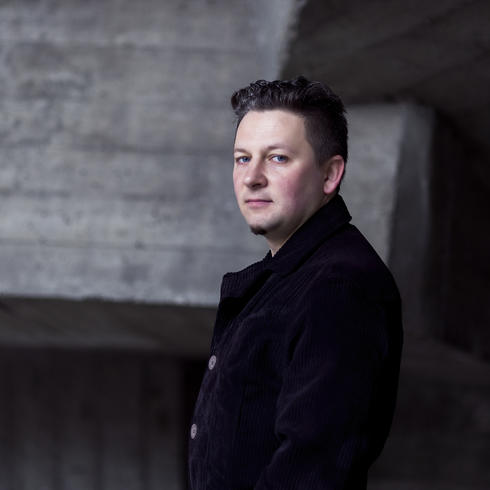
" Preludio / Espenbaum (2019) "
Pour orchestre
Editions Faber music
SÉLECTION 2020
- Nominated for : The Musical Composition Prize 2021
Prelude and Espenbaum are two parts of my opera – respectively the prelude and the final scene. These pieces represent a kind of a retrospective of my creative path from its very beginning to the present day. I started working on Preludeas I was a student back in 2003. At that time the piece was to become a part of a cantata on texts by Tristan Tzara. Fifteen years later I resumed this work, making it a prelude to the opera. Quite a riskygesture, for the style of the piece did not correspond anymore to my style at the time of creation of the opera. But on the other hand, it helped me to identify those features of my work that have remained unchanged, being therefore my inner artistic self. Although I had to change the Prelude significantly, one still traces there the traits of my young, sometimes naive, sometimes romantic creation - which actually was particularly valuable to me.
Espenbaumi s the final scene of the opera, written on texts by Paul Celan. According to the plot, in this scene the hero tells about his childhood, about unresolved problems and mistakes. He pours out all his pain and despair coming from the impossibility of reconciling with the past, accumulated over years of wanderings. At the end of the scene the hero jumps off a bridge.
The opera "Espenbaum" tells about the search for self-identity, about the search for one's place in the world. This is, in a way, my offering to my homeland, being the latter fully comprehended as mine only after a long stay far away from it.

